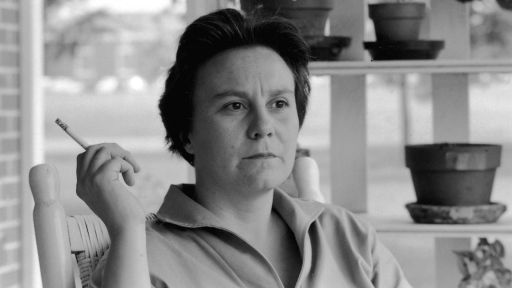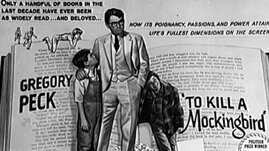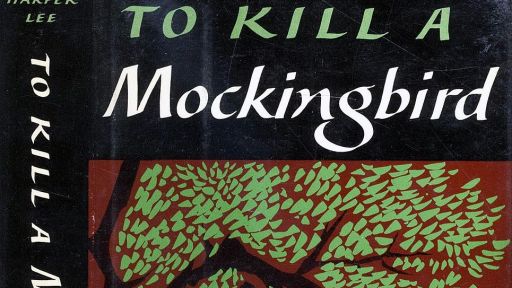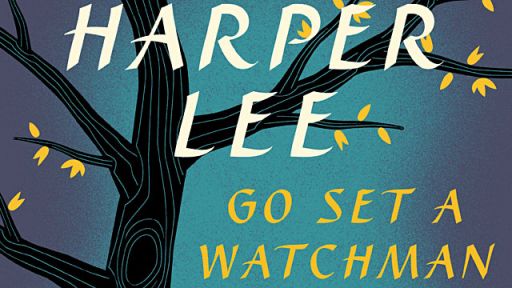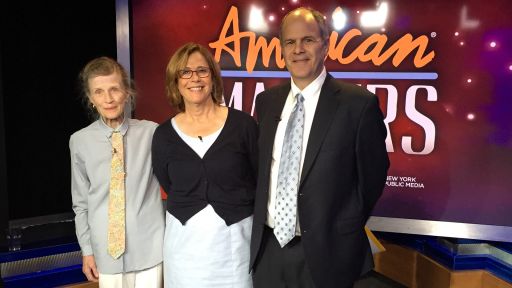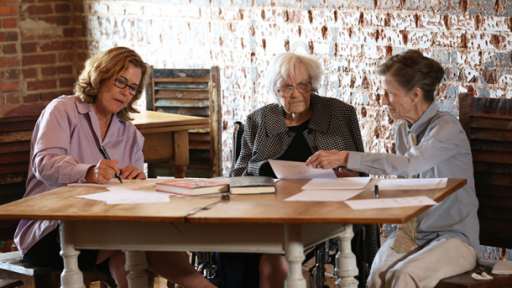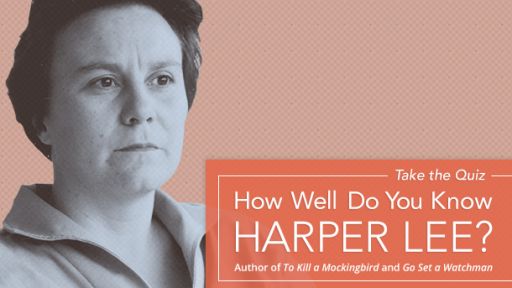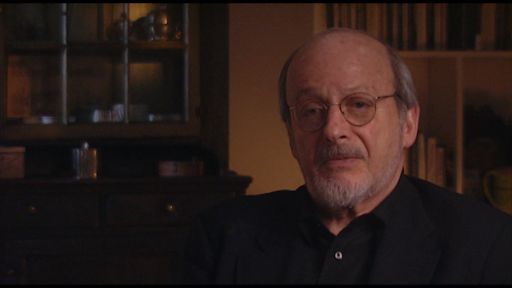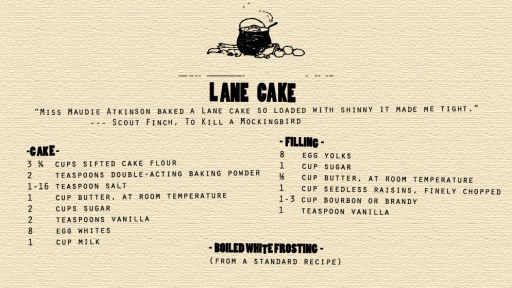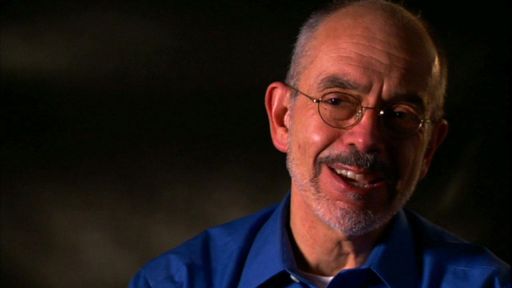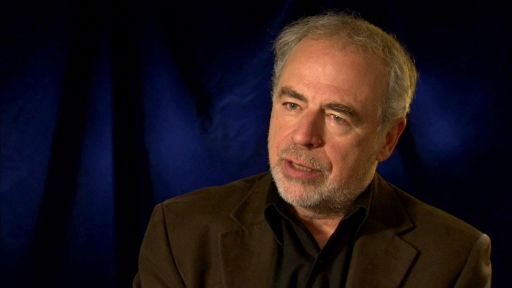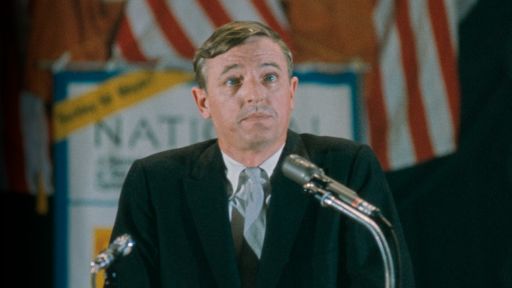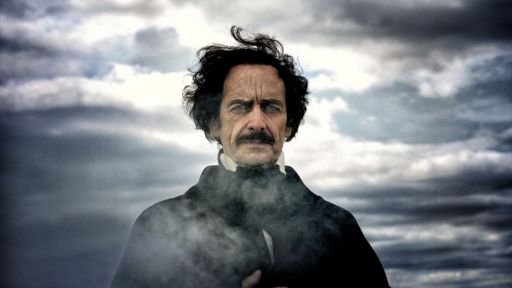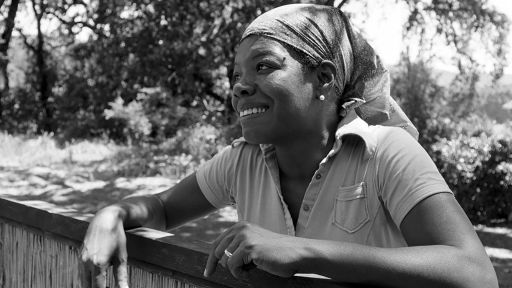James McBride, author of the memoir The Color of Water, discusses how Harper Lee used the voice of her protagonists in To Kill a Mockingbird to bravely provide an accessible and radical point of view about racism in 1960. He describes and how today’s authors can expand upon Lee’s views. Harper Lee: Hey Boo airs Monday April 2nd at 10 p.m. (check local listings).
James McBride: Well, I mean, as a professional writer, the character…the whole business of character description and character construction in To Kill a Mockingbird is really the ceiling against which great character writing will forever bump in a lot of ways, because the characters are so strong and so definitive, yet they have a great deal of ambiguity, and they have a great deal of innocence and then soiled innocence, and they have a great deal of obvious death and they are swept by the events of their time.
She certainly set the standard in terms of how some of these issues need to be discussed but in many ways I feel the bar’s been lowered…I think the moral bar’s been in terms of that. And that, that is really distressing. I mean, we need a thousand Atticus Finchs.
And also as an adult, you know, it occurs to me that the black characters in the book, heroic as they are, they don’t survive. The violence that…the societal violence that takes place to, I think his name is Tom…Tom Robinson. You know, the violence, the abject societal behavior towards Tom Robinson affects his family for generations, at least fictionally. And in real life, you know, my wife’s great-grandfather was shot while he was standing in line to get feed because a white guy just told him to move and he wouldn’t move. And that murder just goes on and on, it’s told to generations of people in my wife’s family. And similarly in Harper Lee’s book, that part of the story was something that for me has never been quite resolved in the manner that I would liked to have seen it resolved, partially because that wasn’t her purpose to tell Tom Robinson’s story, but that’s partially my purpose, as a writer.
I think the challenge that she laid out for us, for us the writers who follow in her wake, is to make sure that the various dimensions of these stories are told properly, and that we stand up in own time to talk about issues that count now. It’s easy to poke fun and say, ‘I would of done this and what a brave women she was,’ and so on and so forth, but when it counted, Harper Lee did what was necessary. And how many of us now are doing what’s necessary…in terms of standing up for the good and for the just?
I mean, look, I wish I’d written the book so, let that be said. I’m not criticizing her work, she’s a great writer, she’s an American treasure there’s no question about it. But just like anything else, when the imprint of racism lays its hand on you, you have to be conscious as to how that affects you and your work. I think she did the best she could given how she was raised. That still doesn’t absolve the book or this country of the whole business of racism.

